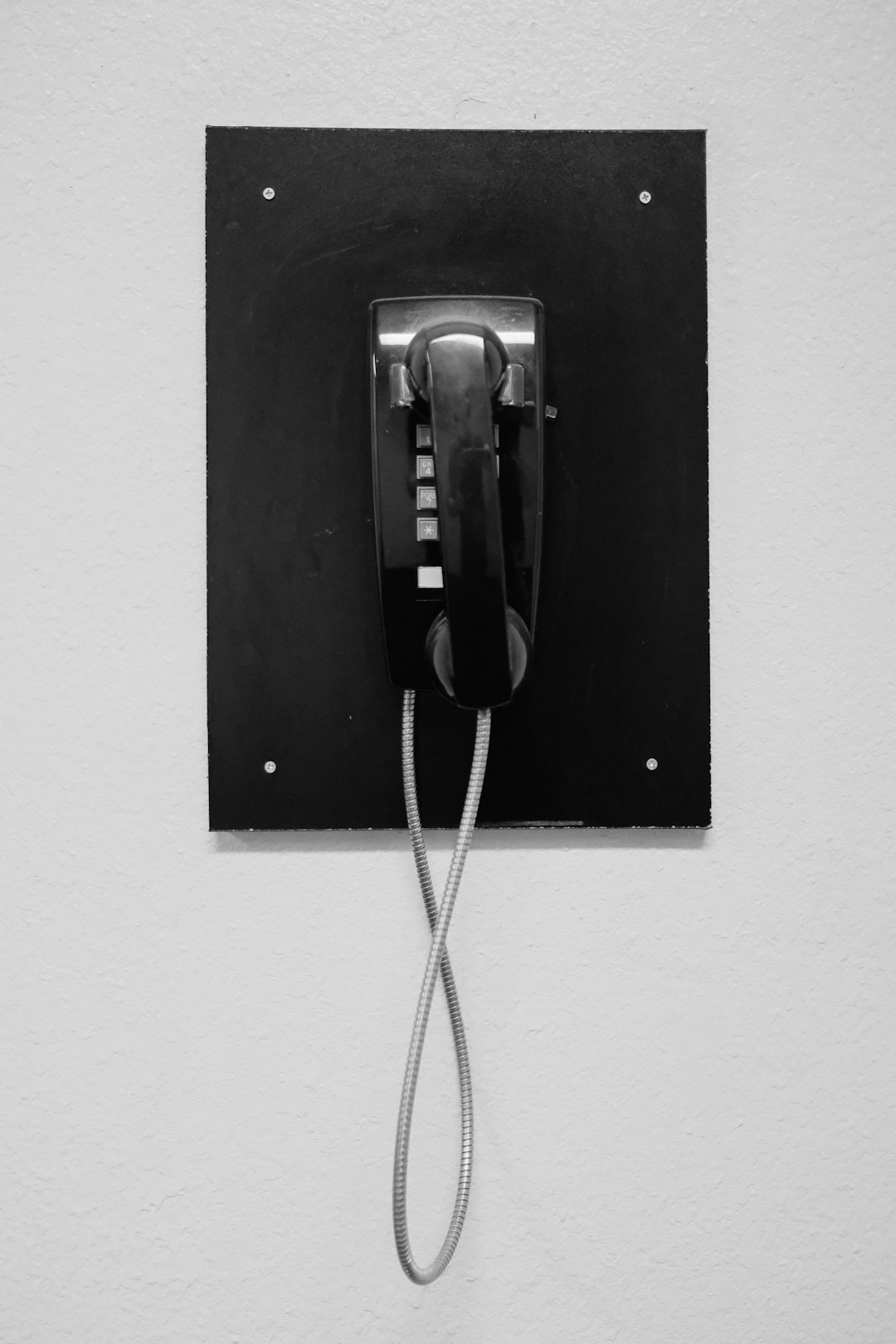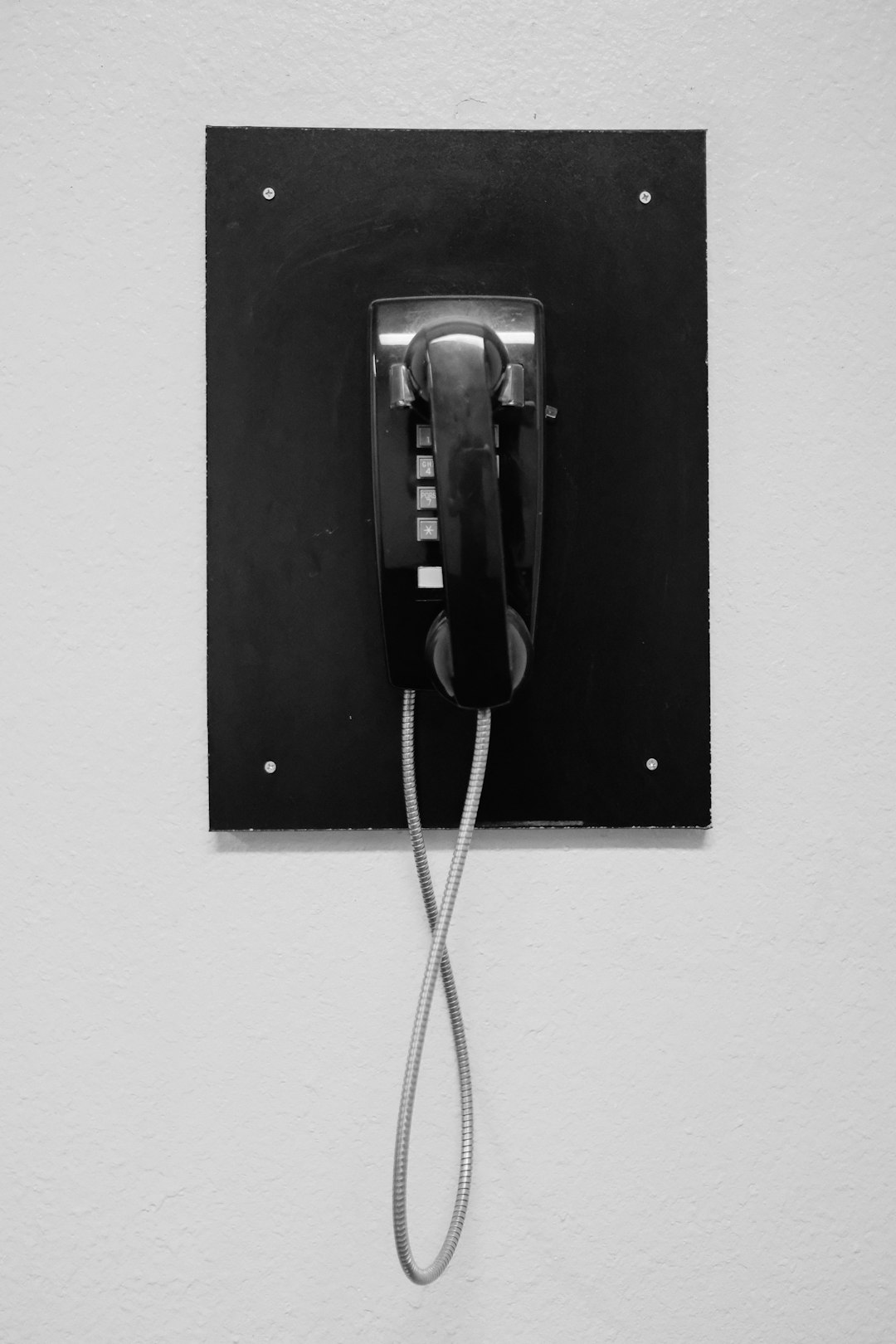San Antonio residents face increasing telemarketing scams, with scammers impersonating government or utility companies. To protect yourself, be wary of unsolicited calls demanding immediate action, never share sensitive info over the phone unless initiated by you, and block and report suspicious numbers. Consult a Do Not Call attorney in San Antonio to exercise your rights, file complaints, and safeguard against potential scams. Legitimate companies respect opt-out requests. If you suspect a scam, take swift action: hang up, document the encounter, and report it to relevant authorities or a specialized attorney for legal guidance.
“San Antonio residents often find themselves on the receiving end of telemarketing calls, some more insidious than others. This article delves into the most prevalent scams plaguing the city, empowering you to recognize and avoid them. With an overview of Texas’ Do Not Call laws and your rights, we guide you through effective call handling strategies. Learn essential reporting steps and adopt best practices for telemarketing safety, with tips from local experts. Stay informed and protect yourself from deceptive sales tactics with the help of a Do Not Call attorney in San Antonio.”
Recognizing Common Telemarketing Scams in San Antonio

In the vibrant city of San Antonio, as with any metropolitan area, residents are increasingly exposed to various telemarketing scams. Recognizing these common schemes is the first step in protecting yourself. Scammers often pose as government agencies, utility companies, or even local law firms, claiming there’s an issue that requires immediate attention. They may threaten severe consequences, such as arrest or service disconnection, if you don’t comply and provide personal or financial information. Another popular tactic is the “do not call” scam, where fraudsters mimic Do Not Call Registry rules, convincing victims to opt out of the registry to avoid future calls—a direct violation of the law.
To stay safe, San Antonio residents should be wary of unsolicited calls, especially those demanding immediate action or threatening consequences. Never provide sensitive information over the phone unless you’ve initiated the call and are certain of the caller’s identity. Remember, legitimate businesses and organizations will not pressure you into making hasty decisions or require payment via wire transfer or gift card. If you suspect a call is fraudulent, consider blocking the number and reporting it to the appropriate authorities. Additionally, signing up for the National Do Not Call Registry can significantly reduce unwanted telemarketing calls.
Do Not Call Laws and Your Rights in Texas

In Texas, including San Antonio, residents have certain rights protected by state laws regarding telemarketing calls, commonly known as Do Not Call Laws. These laws are designed to give consumers control over unwanted phone solicitations and protect their privacy. Under Texas law, businesses must obtain written permission from a consumer before placing telemarketing calls, except for calls made for specific purposes like collections or non-profit organizations.
If you feel your rights have been violated by unsolicited telemarketing calls, it’s advisable to consult with a Do Not Call attorney in San Antonio. These legal professionals can guide you on how to file a complaint and take necessary actions to stop the harassment. Remember, knowing your rights is the first step in protecting yourself from potential scams.
How to Handle Unwanted Sales Calls Effectively

Dealing with unwanted sales calls can be frustrating, but there are effective strategies to handle them. First, never provide personal or financial information over the phone unless you initiated the call and fully trust the entity or individual on the other line. This is crucial to prevent identity theft and fraud.
Second, if you’re receiving persistent or suspicious calls, consider registering for a “Do Not Call” service. In San Antonio, this can be done through local attorney general’s offices. Additionally, using call-blocking apps or features on your phone can help filter out unwanted calls. Remember, if it’s a legitimate company, they should respect your opt-out requests. Always exercise caution and trust your instincts; if something feels off, don’t hesitate to hang up.
Reporting Scam Attempts: Steps You Can Take

If you’ve encountered a suspected telemarketing scam in San Antonio, don’t panic, but do take immediate action. The first step is to hang up and cut off further communication from the caller. It’s crucial not to engage or provide any personal information, no matter how convincing the caller’s story may seem.
Next, document the incident by noting the caller’s phone number, the date and time of the call, and a brief description of what was said. You can then file a report with the Better Business Bureau (BBB) or the San Antonio Police Department. Remember, don’t hesitate to contact your attorney in San Antonio if you believe you’ve been targeted by a scammer, as this can help protect you from potential legal repercussions and ensure you receive proper guidance.
Protecting Yourself: Best Practices for Telemarketing Safety

Protecting yourself from telemarketing scams is an essential part of maintaining your privacy and financial security. Here are some best practices to ensure your safety:
Always be cautious when receiving unsolicited calls, especially those claiming to be from legal or government entities. Never provide personal or financial information over the phone unless you have initiated the call and are certain of the caller’s identity. Remember, legitimate organizations will not pressure you into making immediate decisions or threaten consequences for non-compliance. If you suspect a call is a scam, hang up immediately and report it to the appropriate authorities, such as the Better Business Bureau or local law enforcement. Additionally, consider registering your number on the Do Not Call Registry to limit unwanted calls. Avoid interacting with callers who use aggressive sales tactics or make false promises. Lastly, be wary of calls claiming to represent a “do not call attorney” in San Antonio; this is often a red flag for fraudulent activities.






